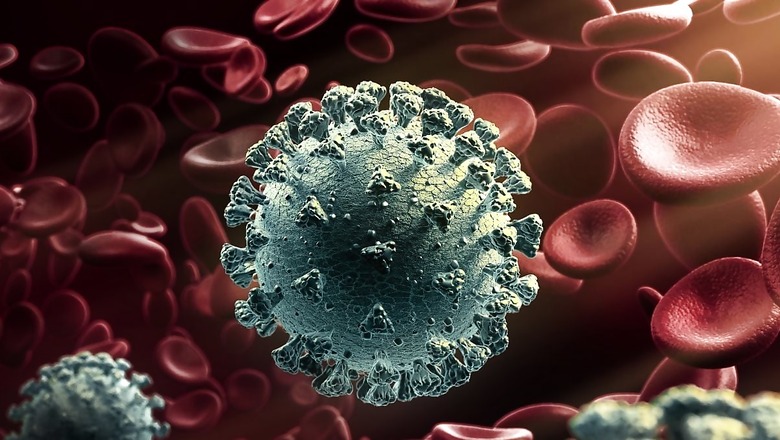
views
A 24-year-old man succumbed to Nipah virus infection at a private hospital in Malappuram, Kerala, the state’s health minister Veena George said on Sunday, September 15. This marks the second fatality linked to the virus in Kerala this year. Kerala, one of the few states in India to report Nipah cases, first encountered the virus in Kozhikode on May 19, 2018.
Previous Nipah virus outbreaks in the state occurred in 2018 and 2021, resulting in two deaths in Kozhikode district.
The Nipah virus, a serious zoonotic pathogen, has re-emerged as a concern. Understanding its transmission, preventive measures and treatment options is crucial. The virus is known for its high mortality rate, making it essential to stay informed about the effective strategies for managing and preventing its spread.
Here is all you need to know about the virus, its transmission, prevention and treatment.
What Is Nipah Virus?
Nipah virus (NiV) is a zoonotic virus, meaning it spreads from animals to humans with fruit bats, also called flying foxes, being its natural hosts. It can also infect pigs and cause illness in humans– ranging from mild symptoms to encephalitis (swelling of the brain) and even death. First identified in a Malaysian village during an outbreak in 1998-1999, Nipah can spread through contaminated food or person-to-person contact.
Transmission
According to the World Health Organisation (WHO), the first Nipah outbreak, which affected Malaysia and Singapore, primarily involved human infections resulting from direct contact with sick pigs or their contaminated tissues.
In later outbreaks in Bangladesh and India, the virus was primarily transmitted through the consumption of fruits such as raw date palm juice, contaminated by infected bats.
Human-to-human transmission has been recorded particularly among caregivers and close contacts of patients.
Signs And Symptoms
Nipah virus infection in humans can vary from no symptoms to severe respiratory issues and fatal encephalitis. Early signs include fever, headaches, muscle pain, vomiting and sore throat, which may progress to dizziness, drowsiness and neurological symptoms indicating encephalitis.
In severe cases, patients can experience seizures and fall into coma within 28 to 48 hours. Respiratory distress and atypical pneumonia may also occur. The incubation period for Nipah virus infection typically ranges from 4 to 14 days, though it can extend up to 45 days in some cases.
The case fatality rate for the infection is estimated to be between 45% to 75%, depending on outbreak conditions and medical resources.
Treatment
According to WHO, there are no specific treatments or vaccines available for Nipah virus infection. Preventive measures include minimising exposure to infected pigs and bats in regions where the virus is prevalent and avoiding the consumption of raw date palm sap, which could be contaminated by bats carrying the virus.




















Comments
0 comment